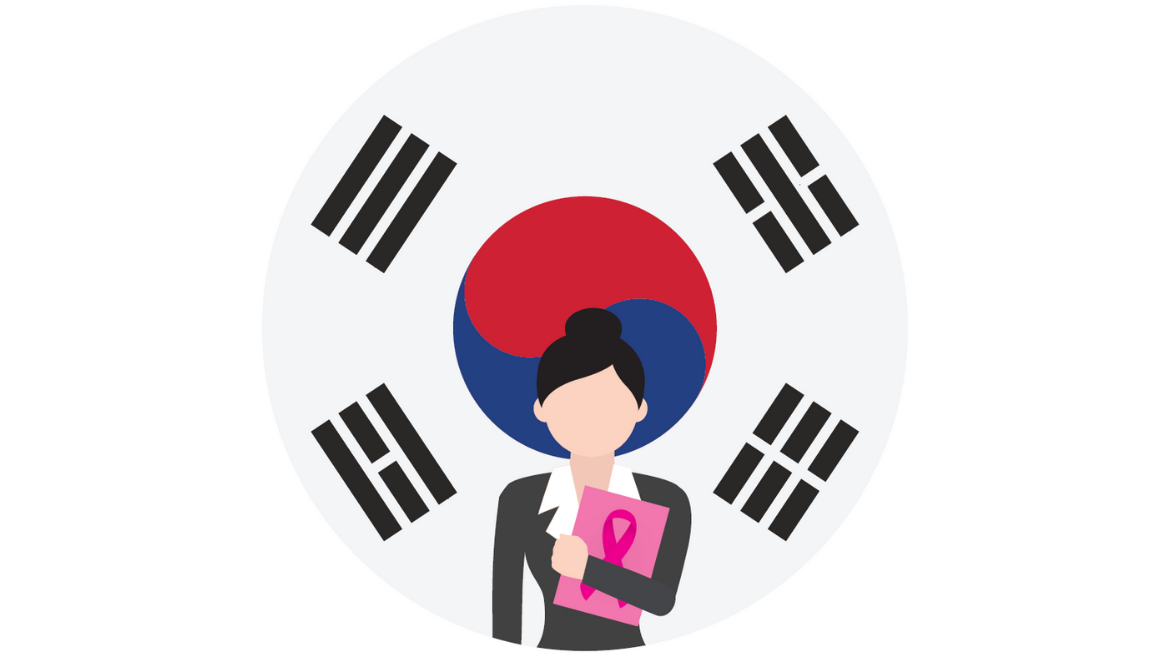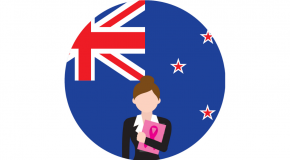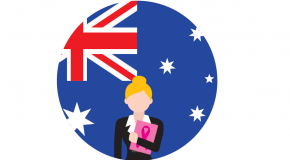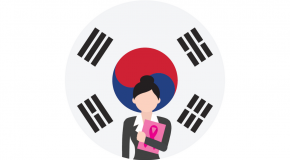Breast cancer patients and survivors in the Asia-Pacific workforce. South Korea: An incipient response to a ballooning problem is an Economist Intelligence Unit report, sponsored by Pfizer. This report draws upon interviews and research conducted in August-September 2018 on the topic of return-to-work for breast cancer survivors in South Korea. It also draws upon an advisory board of global authorities who provided the context and background for this topic.
South Korea is seeing a rapid rise in the number of women living with or having conquered breast cancer and increasing labour market activity among women over 40 (when breast cancer risk begins to rise markedly), trends that both play a role in return-to-work worldwide. In recent decades, South Korea has experienced one of the world’s fastest increases in breast cancer incidence. Some of South Korea's key data points can be found below:
South Korea: key data
- Crude breast cancer incidence rate per 100,000 (2018): 91.8
- Breast cancer prevalence (five year) per 100,000 (2018): 304.6
- Labour force participation rate, general (2017): 69.2%
- Labour force participation rate, women aged 40-64 (2017): 63.2%
- Unemployment rate, general (2017): 3.8%
- Unemployment rate, women aged 40-64 (2017): 1.3%
Download the report to find out more.








